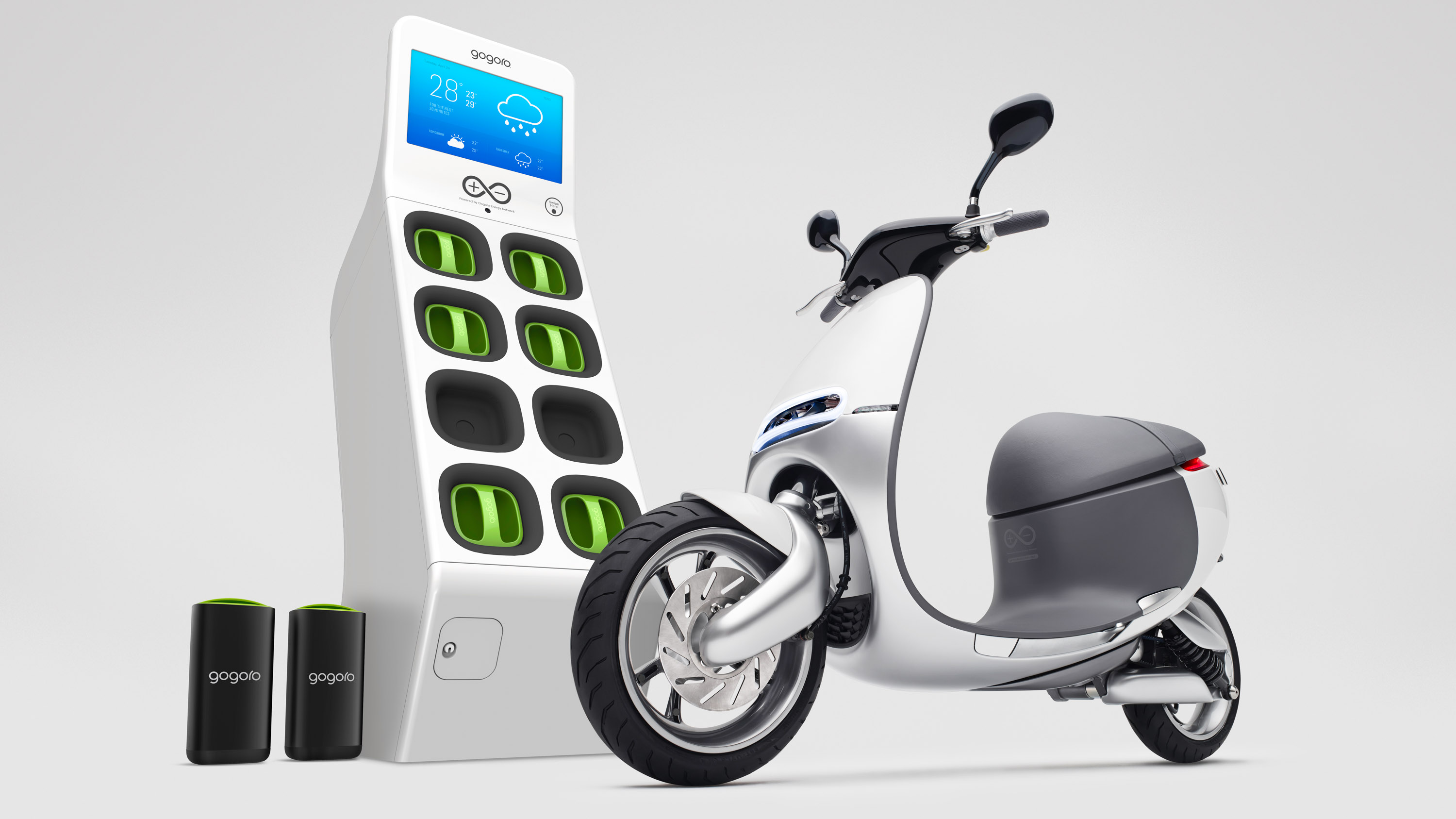2023 Climate Tech Companies to Watch: Gogoro and its scooter and battery pack network
The future of electric vehicles may be two-wheeled and hyper-networked.
Explore the 2023 list of 15 Climate Tech Companies to Watch.
Gogoro is sort of a reverse Tesla. Tesla built a network of charging stations to help it sell cars. Gogoro sold scooters to create a market for its battery-swapping network.
Intro
It’s hard to put a label on Gogoro’s business. Is it an electric scooter manufacturer? Check. A third-party battery manufacturer for the scooter and personal vehicle industry? That too. A network of grab-and-go battery-charging stations that enables some 400,000 battery swaps per day, and can return power to the grid during peak usage hours? Sure. But wait, there’s more.
This story is only available to subscribers.
Don’t settle for half the story.
Get paywall-free access to technology news for the here and now.
Subscribe now
Already a subscriber?
Sign in
Gogoro makes not only scooters but also the batteries that power them. In addition to the company’s own vehicles, its batteries are found in scooters from Yamaha and Suzuki, among others. It also maintains a fleet of on-demand scooters that people can rent, similar to a bike-sharing system. But the star of its show is the smart battery station.
Gogoro now has nearly 13,000 smart battery swapping stations at 3,000 locations in the nine countries where it operates. In Taiwan’s cities there are now more places to swap out a Gogoro battery than there are to fill up with gas. For a subscription that starts at about $20 per month, its customers can exchange batteries from their scooters as often as they need.
What’s more, its cloud-connected, AI-managed stations can tell the state of every battery in the system, anticipate demand from customers, and optimize charging times for off-peak hours, when energy is cheaper. Its algorithms learn from rider patterns to make sure that batteries are full when and where they are wanted, or can charge down when they are not.
Key indicators
- Industry: Electric vehicles
- Founded: 2011
- Headquarters: Taipei, Taiwan
- Notable fact: Gogoro CEO Horace Luke was on the original Microsoft Xbox team, and as CIO of HTC led development of the very first commercially available Android phone, the HTC Dream.
Potential for impact
Gogoro could make an immediate impact both by speeding up the move to electrified vehicles and by reducing the load on the grid to charge those vehicles through smart management of its power stations.
In many parts of the world, two-wheeled vehicles are the primary form of transportation, and Gogoro is attempting to transition many of these fleets from gas-powered to all-electric. Swapping batteries eliminates the need to wait for a charge when you’re on the go, and lets people who may not have the ability to charge up a scooter overnight (such as apartment dwellers) go electric. Over the past 12 years the company has built a network of kiosks where customers can drop by and swap a dead battery for a fully charged one in seconds.
Even more compelling are the ways Gogoro is working with the electrical grid. In Taiwan, its network of stations typically store about two gigawatt-hours of power. When energy demand surges, such as on a hot summer day, its stations can slow or pause energy consumption, or even return power to the grid.
At the end of their life, its batteries are repurposed to power parking meters, street and traffic lights—if a typhoon were to hit, Gogoro says those batteries can keep traffic signals working for about 65 hours.
Caveats
Although Gogoro excels in places like Taiwan, with its densely populated, scooter-dominated cities, it’s a tougher sell in places like the US, where the car reigns supreme. Similarly, it basically competes with the price of oil, making it harder to persuade people to give up their gas-powered vehicles in markets like Indonesia, where gas is stubbornly cheap.
When
Gogoro already has a huge presence in Taiwan and is becoming an emerging force in Singapore, the Philippines, and other East Asian countries.
Next steps
Gogoro is moving into India, a market that looks particularly promising. It recently announced a massive $1.5 billion deal with India’s Maharashtra state to build its vehicles, batteries, and charging stations there over the next eight years.
Explore the 2023 list of 15 Climate Tech Companies to Watch.
